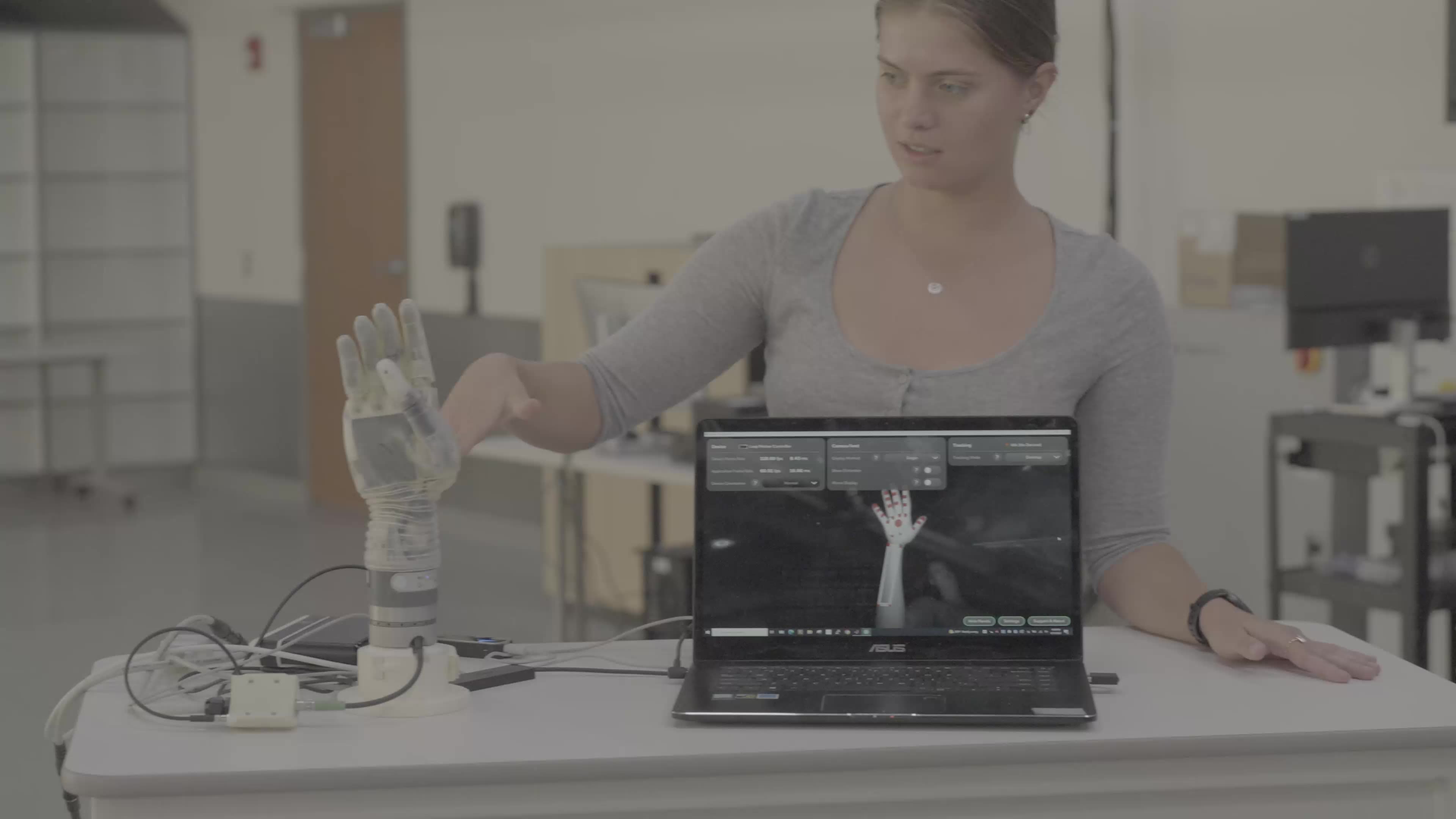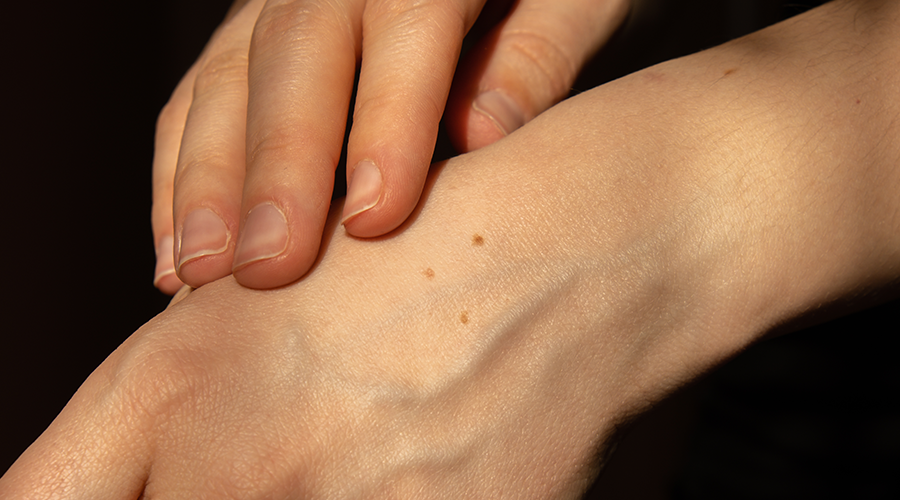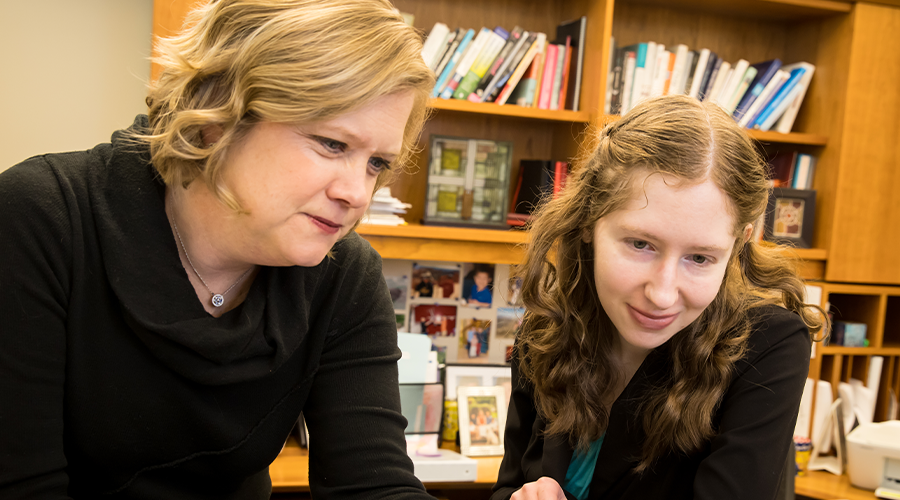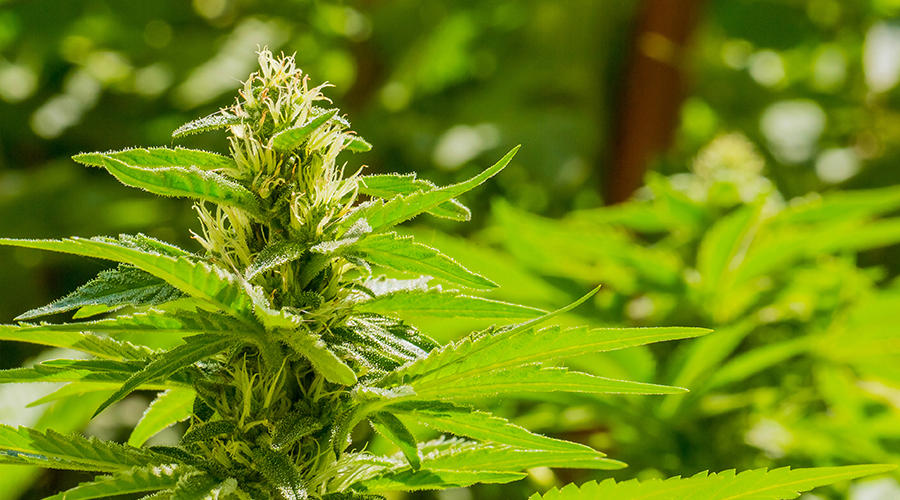A Look Back at 2023
A year of growth and achievement.

We made significant accomplishments over the past year, and some of our many highlights are featured below. As we head into 2024, our ingenuity continues to drive innovation that is building a healthier future.

Advancing Science, Medicine, and Health
As a large academic medical center set within the thriving University of Utah campus, U of U Health is uniquely positioned to tackle complex issues in our society. With scientists down the hall from health care providers and across campus from scholars in diverse fields, we bring interdisciplinary groups together in our initiatives, centers, and institutes.
In 2023, our collaborative expertise expanded with the launch of the Center for Medical Cannabis Research (CMCR) in partnership with the state. CMCR aims to to advance scientific understanding of medical cannabis and help patients and providers make informed health decisions about this increasingly common medication.

Research Elevated
Thanks in part to flourishing research programs in U of U Health laboratories, clinics, and with community partners, the U achieved membership to the prestigious American Association of Universities (AAU) in 2019, cementing it as one of the top research universities in the nation. After doubling in size in less than a decade, Now, U of U Health-led projects account for two-thirds of the U’s research funding, reaching a milestone $521.5 million in fiscal year 2023.
In fact, U research is experiencing research growth all across campus, achieving a total of $768 million in research funding last fiscal year. This rise is benefiting Utah's economic growth and fueling discoveries that are improving our health and society.

Inquiry with Impact
In the health sciences, research funding in FY23 came from 1,858 grants awarded to 726 investigators, representing an investment by the federal government, state, industry, and private organizations in our experts and expertise. Notable grants include:
- NIH awarded $38 million to the Utah Clinical and Translational Science Institute to advance health innovations.
- An NIH investment of $14 million in a new maternal health research center has a goal of reducing pregnancy-related deaths in Utah.
- $17.5 million from the U.S. Centers for Disease and Control and Prevention is supporting a U-led multi-state collaboration to strengthen the response to infectious disease outbreaks.

National Distinction
Our world-class scientists have revealed new insights into health and disease, and developed novel diagnostics and treatments. Their scientific work consistently wins recognition from national and international organizations, and 2023 was no exception. Awards included:
- Eric Schmidt, PhD, professor of medicinal chemistry, was elected as a fellow to the American Association for the Advancement of Science.
- Aylin Rodan, MD, PhD, earned membership to the American Society for Clinical Investigation.
- Michael L. Good, MD, CEO of U of U Health and Senior Vice President for Health Sciences, and David W. Grainger, PhD, professor of biomedical engineering and molecular pharmaceutics, became fellows of the National Academy of Inventors.

Innovation at Work
With a new name and approach in 2023, the Technology Licensing Office (TLO) is committed to supporting researchers, inventors, and entrepreneurs on their journey from idea to market. TLO celebrated entrepreneurship by sponsoring the inaugural University of Utah Innovation Awards, recognizing U researchers who are working to translate their research into technologies that benefit the public. Awards included:
- The Bone Bolt System, a device for treating challenging bone fractures that was approved for market in 2023 by the U.S. Food and Drug Administration, earned Breakthrough of the Year.
- Mei Yee Koh, PhD, assistant professor of pharmacology and toxicology and CEO of Kuda Therapeutics was designated Investigator on the Rise.
- Jacob George, PhD, assistant professor of electrical and computer engineering and physical medicine and rehabilitation, was named Innovator of the Year for his involvement in developing the Luke Arm and other technologies that allow individuals with neuromuscular disabilities to fully interact with their environment.
Top research Stories of 2023
Here today, gone tomorrow: How humans lost their body hair
Why we have significantly less body hair than most other mammals has long remained a mystery. But a first-of-its-kind comparison of genetic codes from 62 animals is beginning to tell the story of how people—and other mammals—lost their locks. The same approach could define genetic regions involved in preventing cancer, extending lifespan, and overcoming other health conditions.
Covered by 357 media outlets with a potential reach of 611 million, including Washington Post, IFL Science, KSL-TV.
One in four parents misled others about their children having COVID-19
More than 25% of parents surveyed report that they were less than truthful about their children’s COVID-19 status or that they didn't follow the disease’s preventive guidelines during the pandemic for their offspring, according to a nationwide study. The finding raises concerns that the behavior could have contributed to spread of the disease.
Covered by 510 media outlets with a potential reach of 1.4 billion, including Forbes, Chicago Tribune, Miami Herald, Fox News.
Cannabis exposure linked to higher risk of unhealthy pregnancy outcomes
In a large study of more than 9,000 pregnant people from across the U.S., researchers at U of U Health have found that cannabis exposure during pregnancy is associated with a composite measure of unhealthy pregnancy outcomes. The findings constitute an important public health message as cannabis use continues to rise in the U.S.
Covered by 107 media outlets with a potential reach of 587 million including Good Morning America, NBC News, Washington Post, Fox News, The Salt Lake Tribune.


